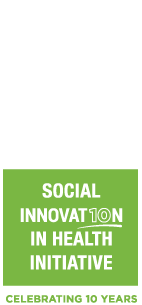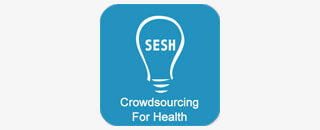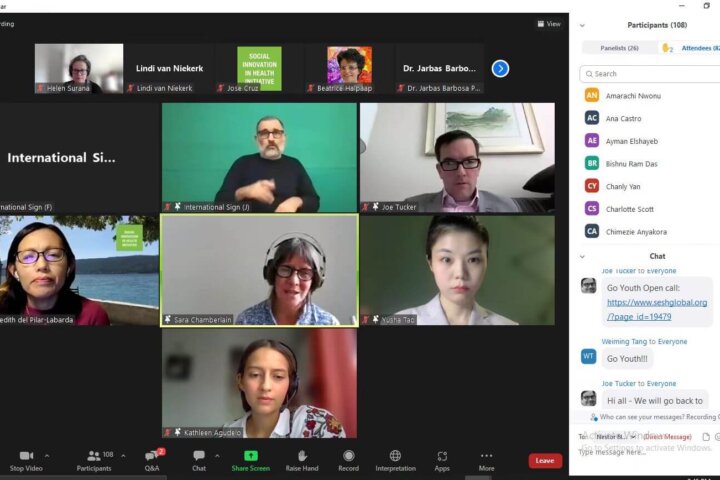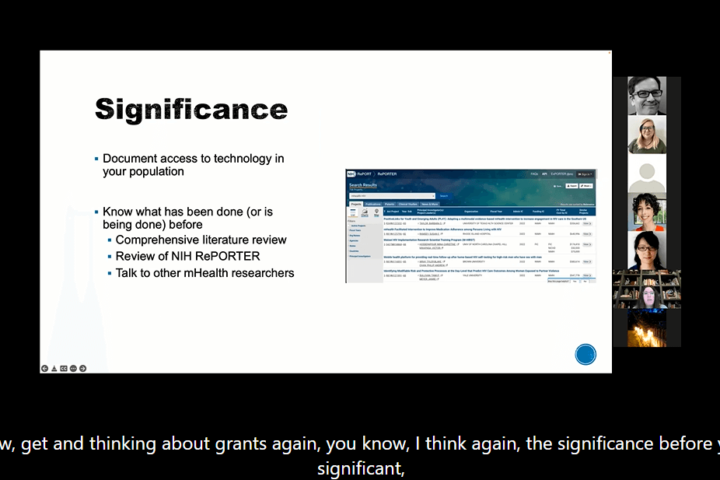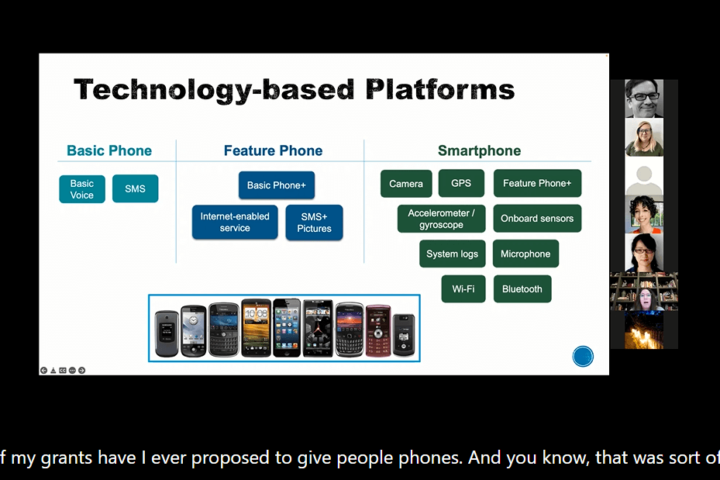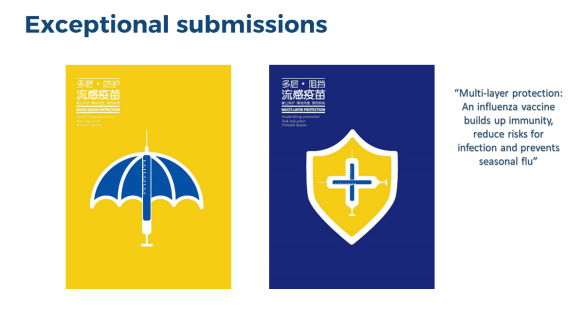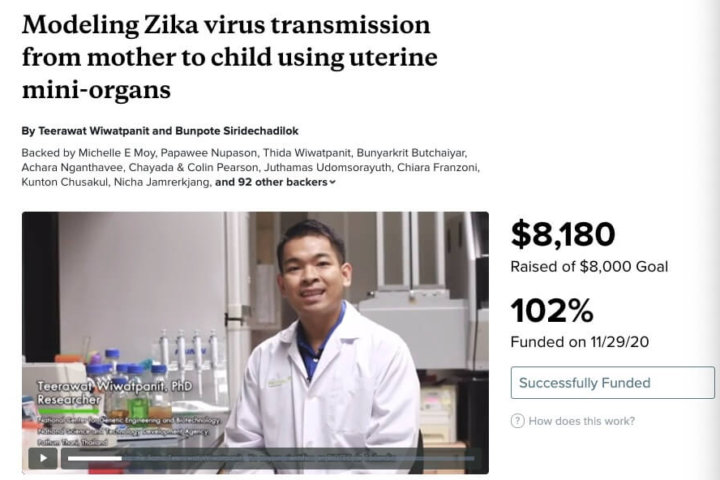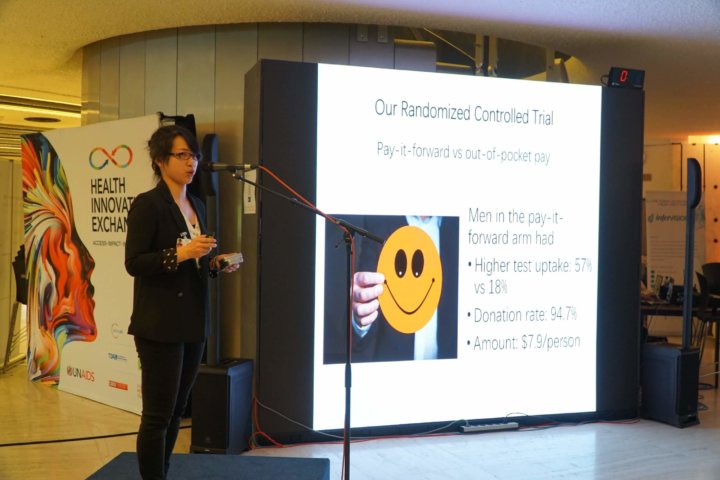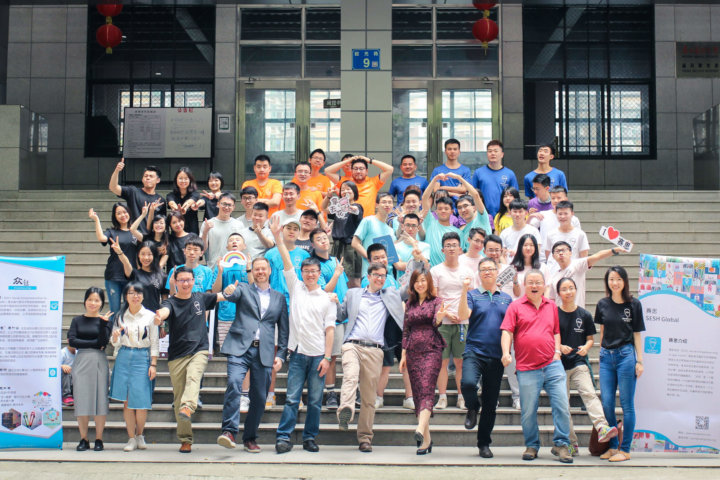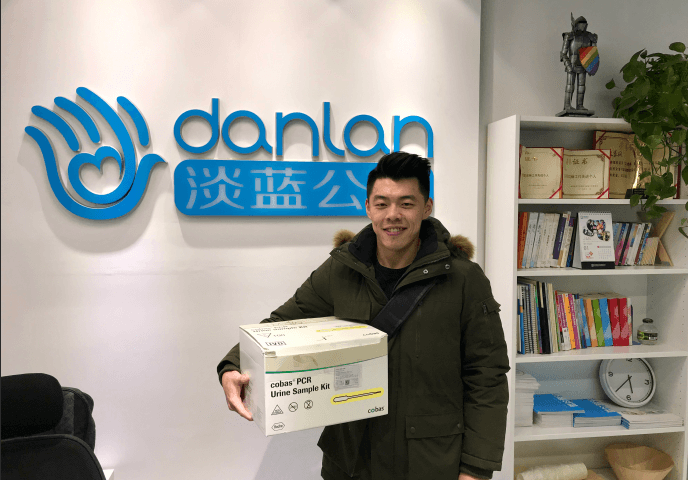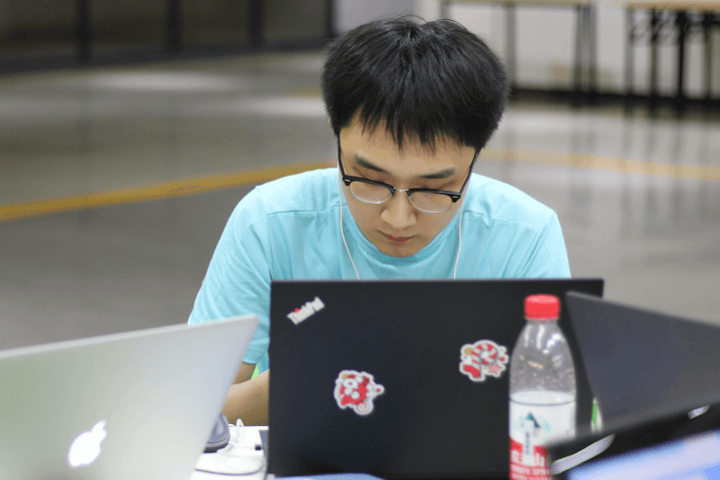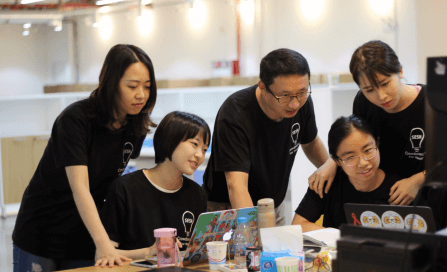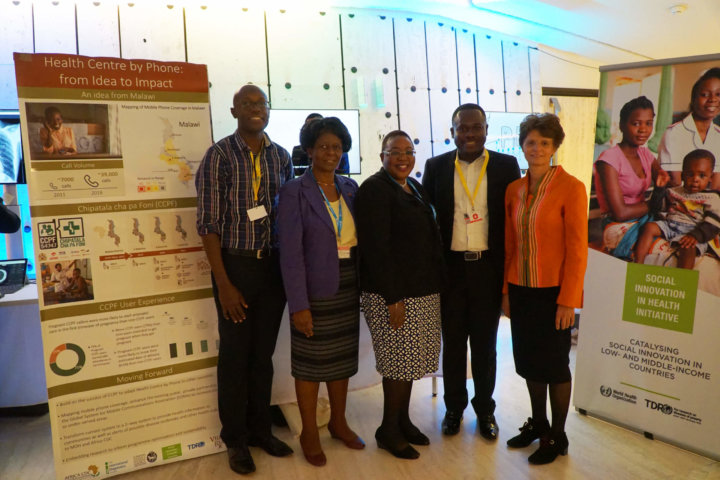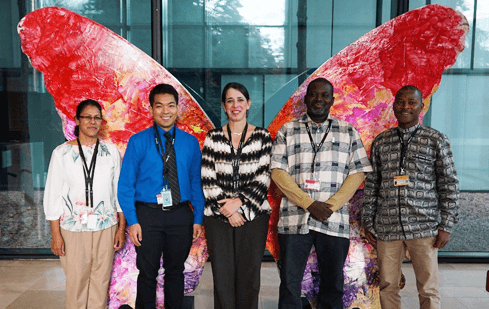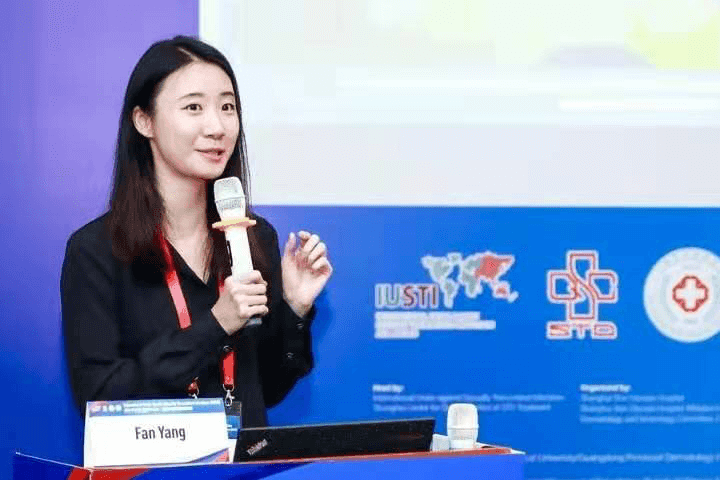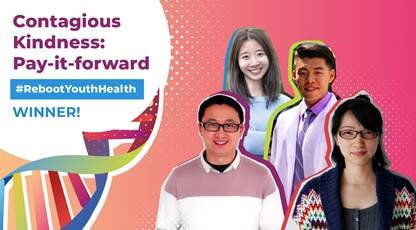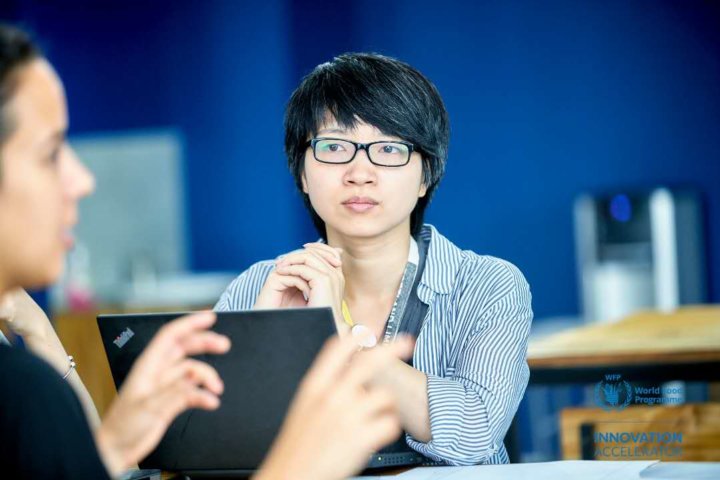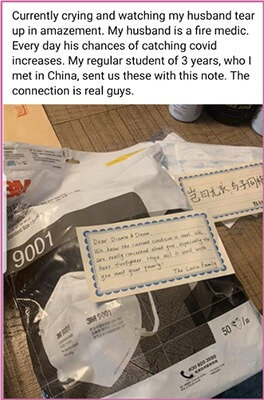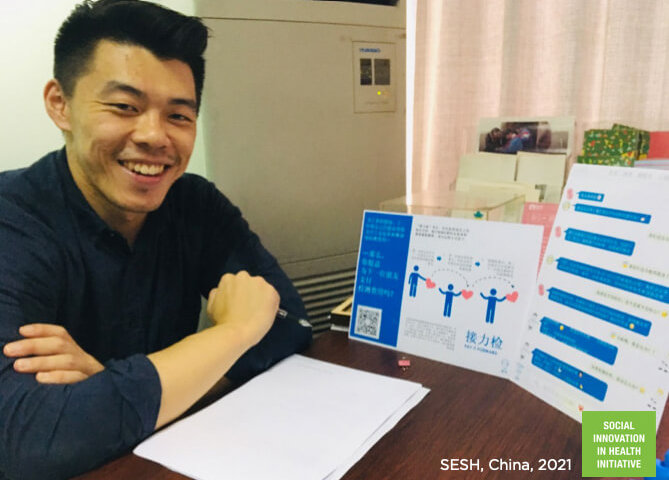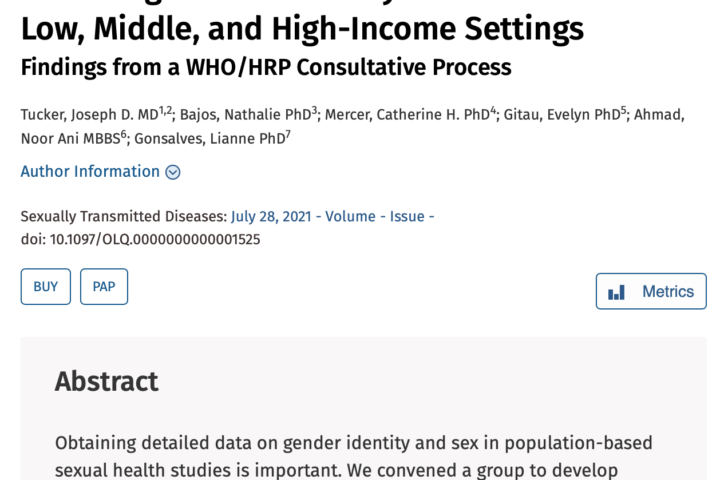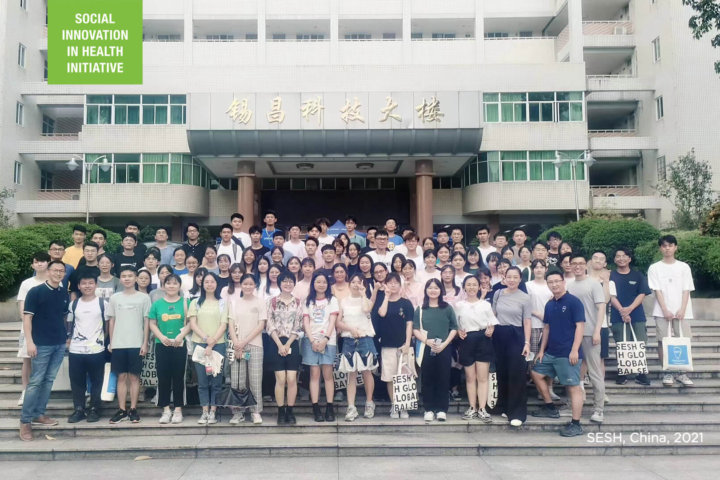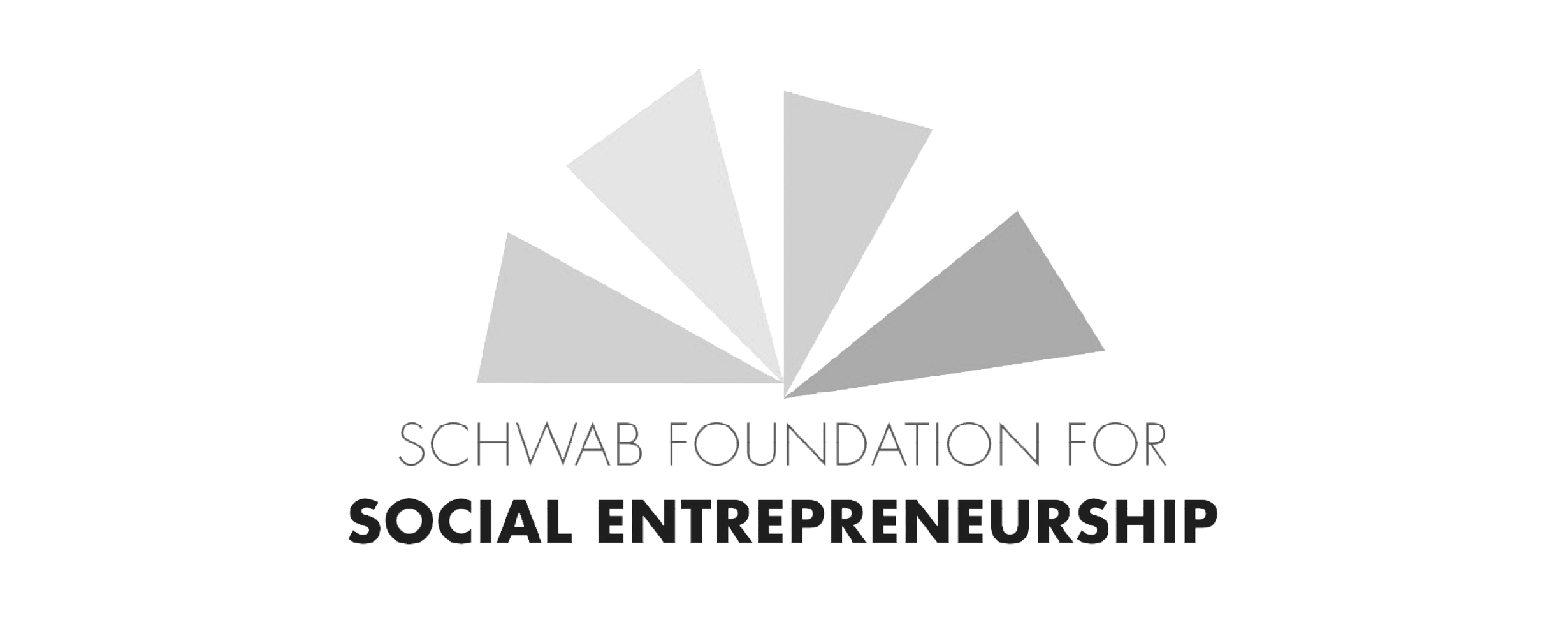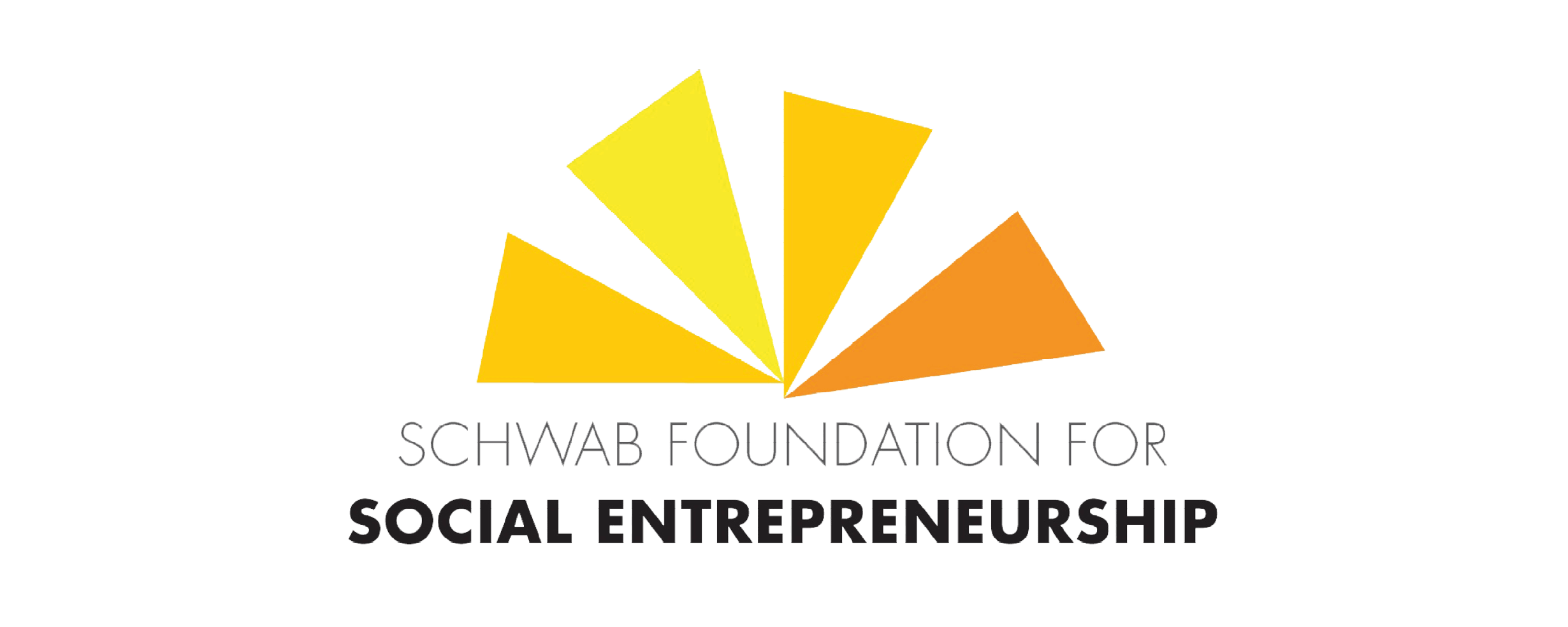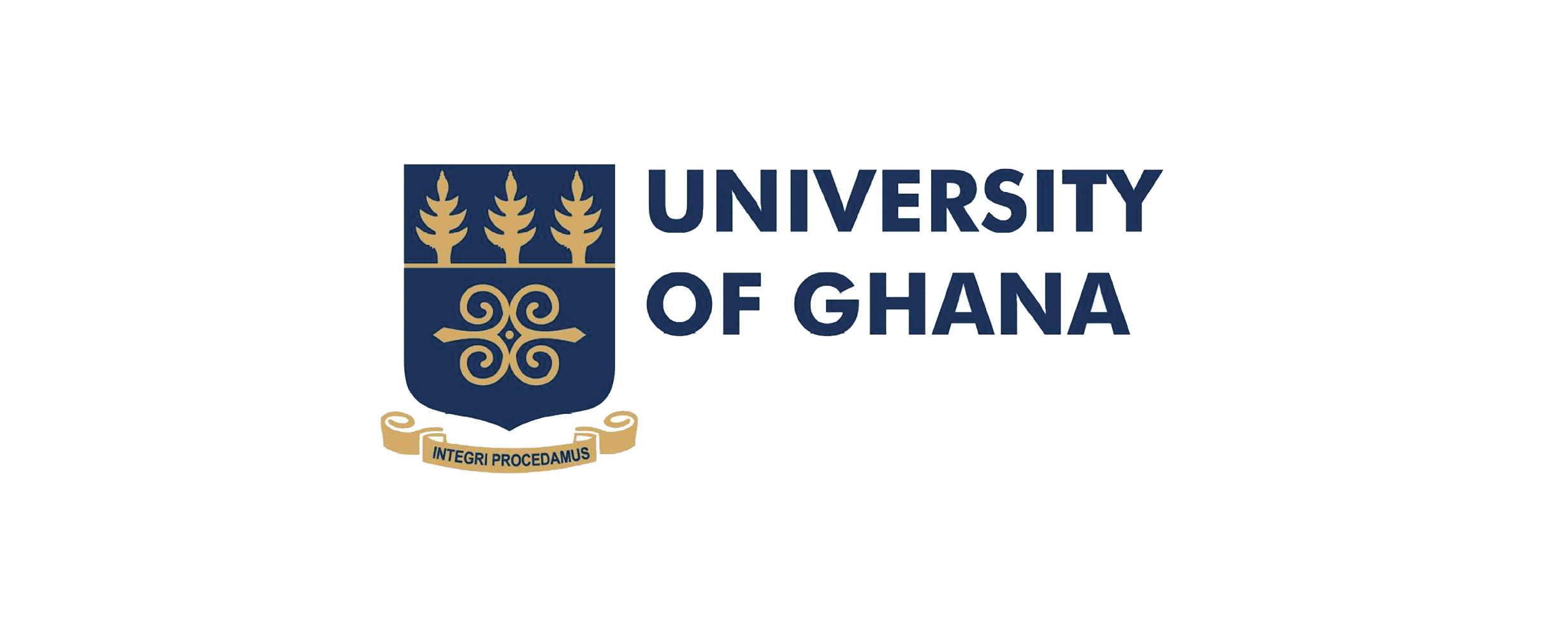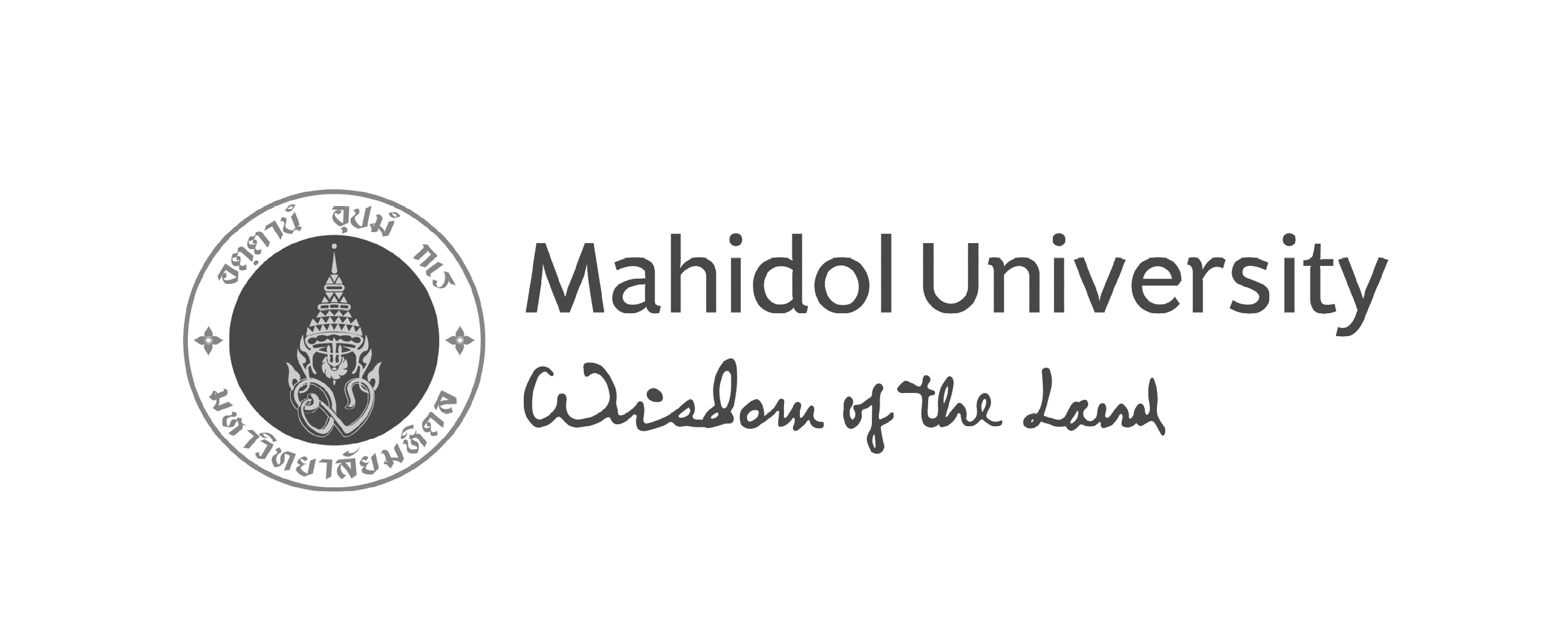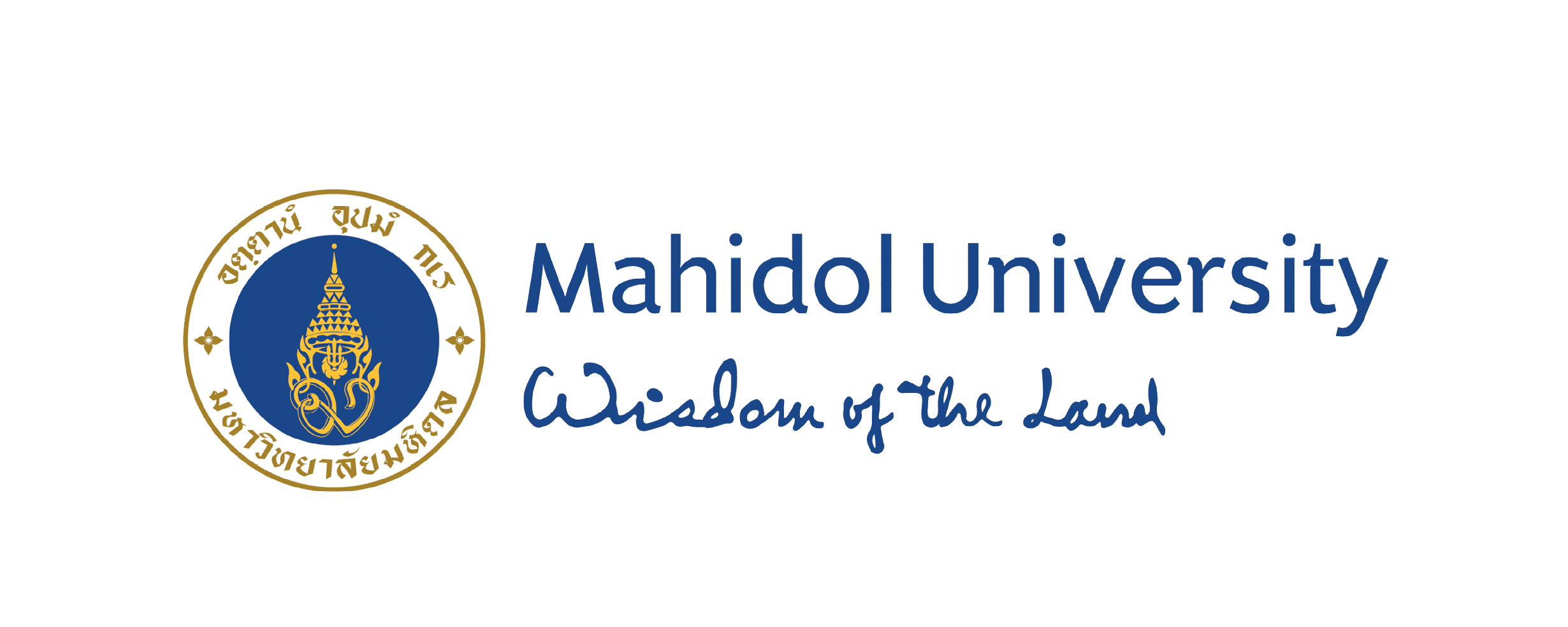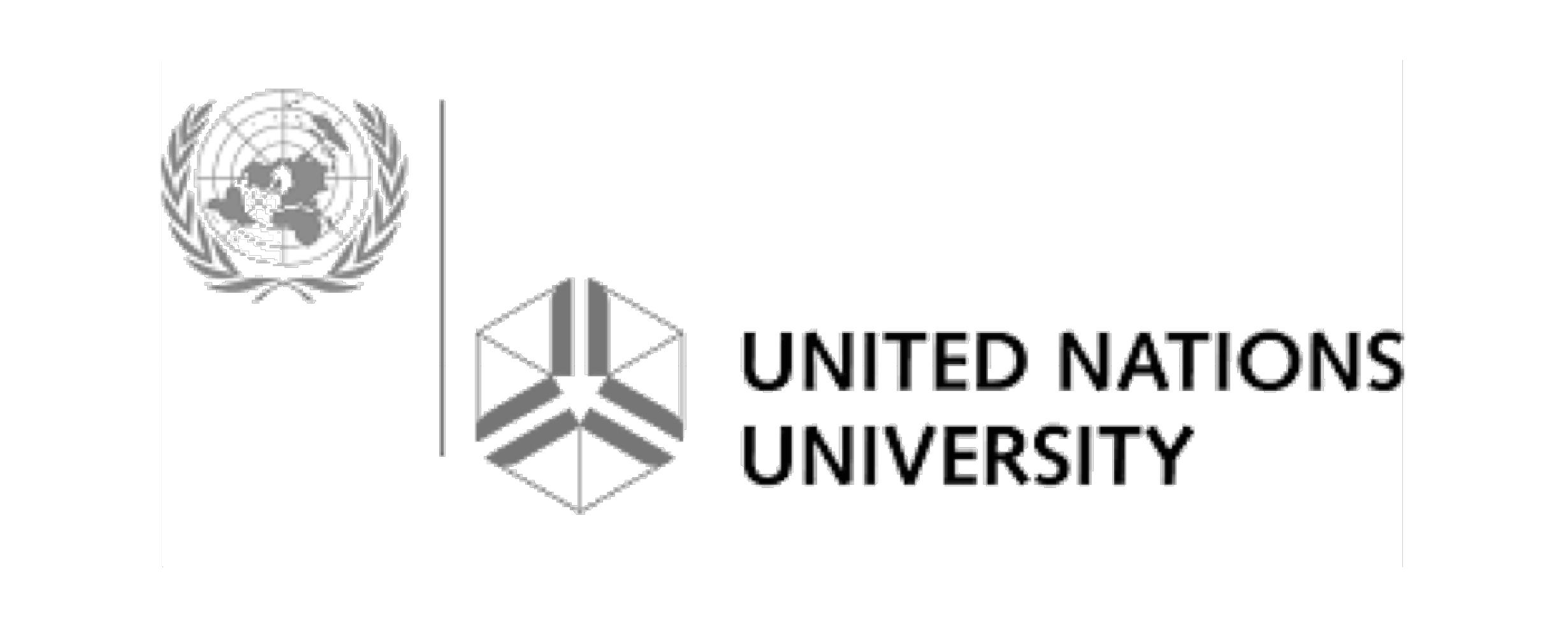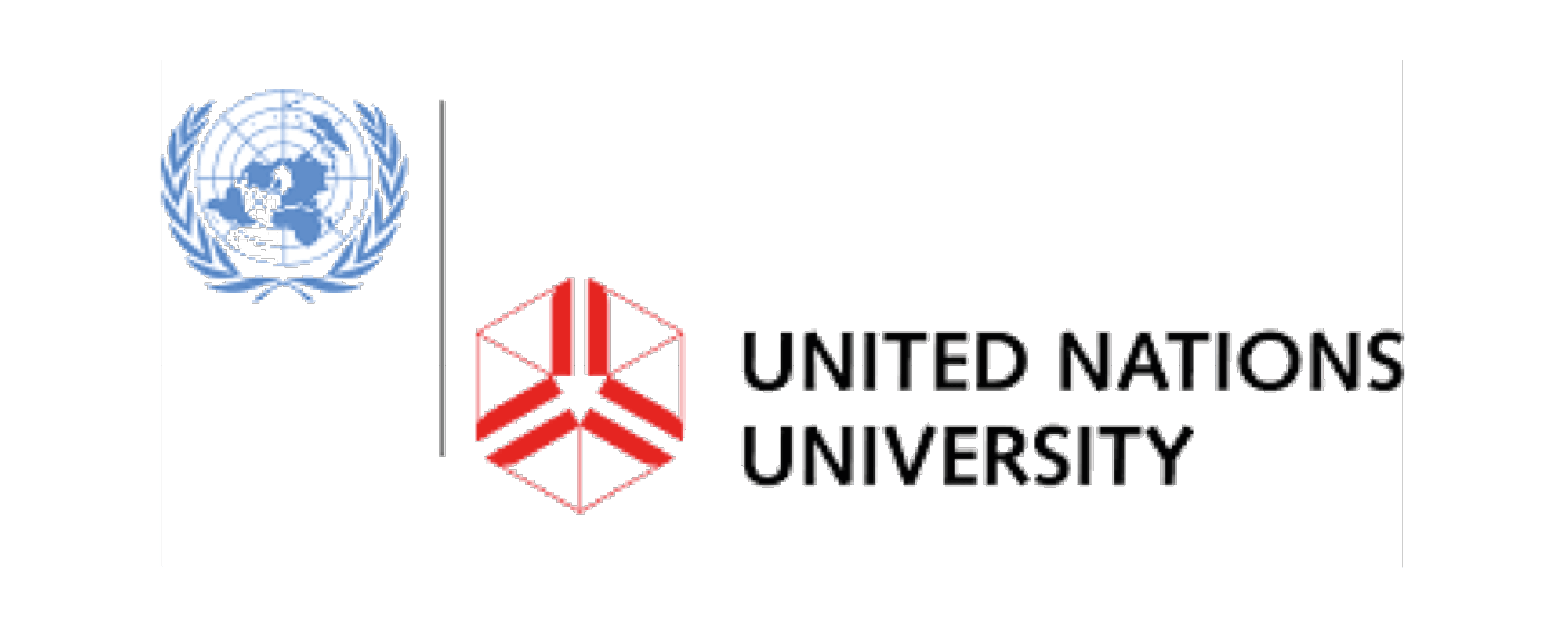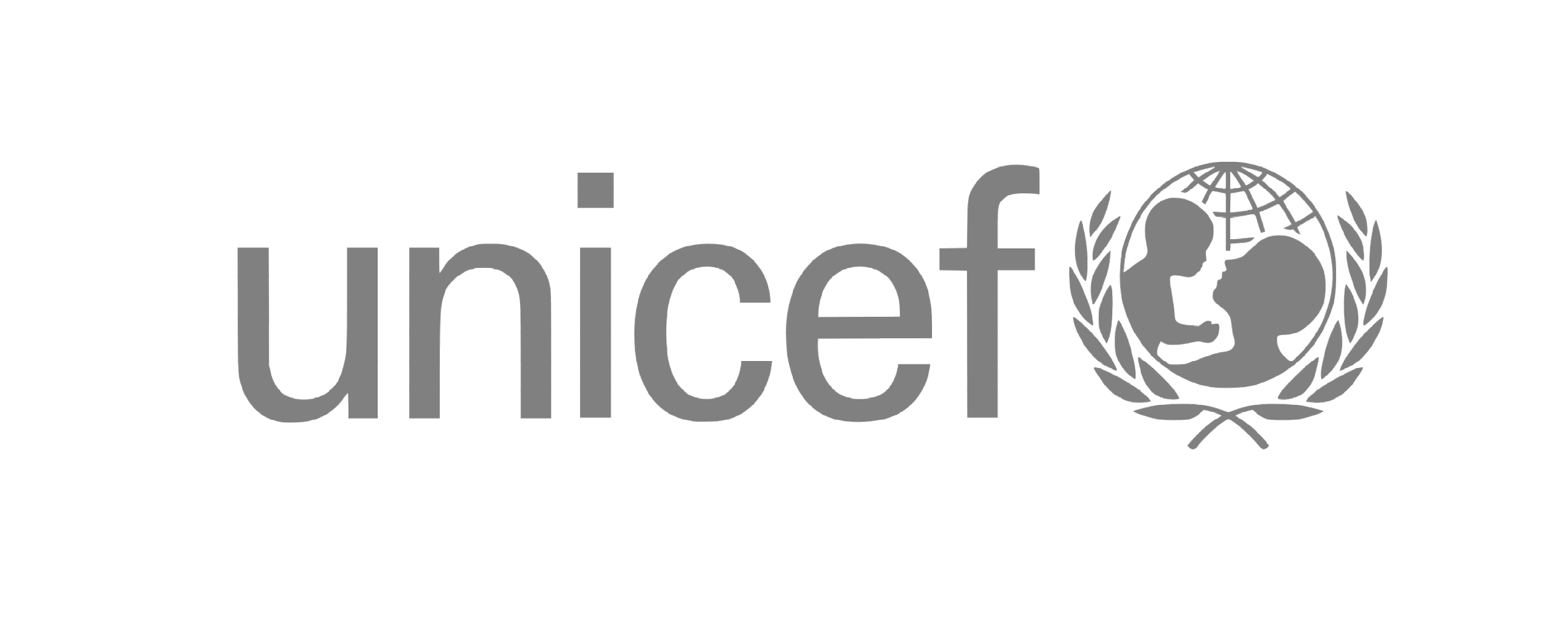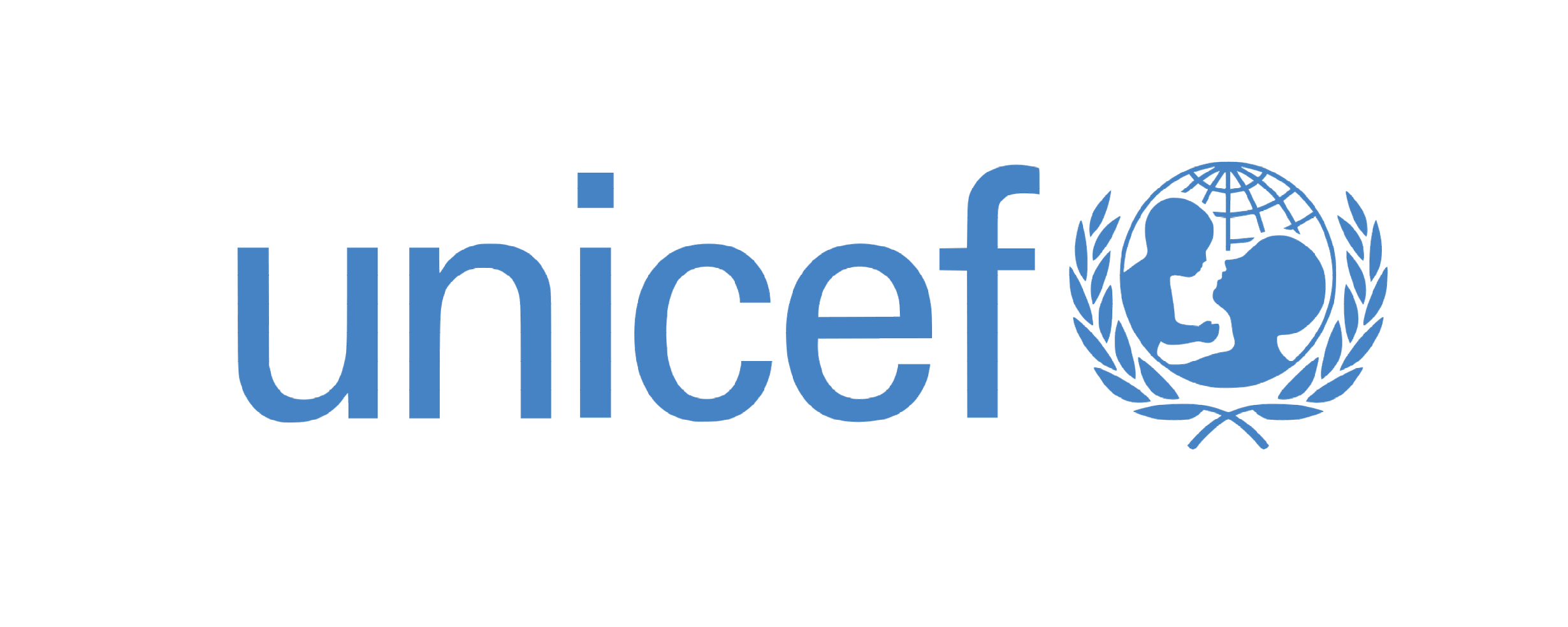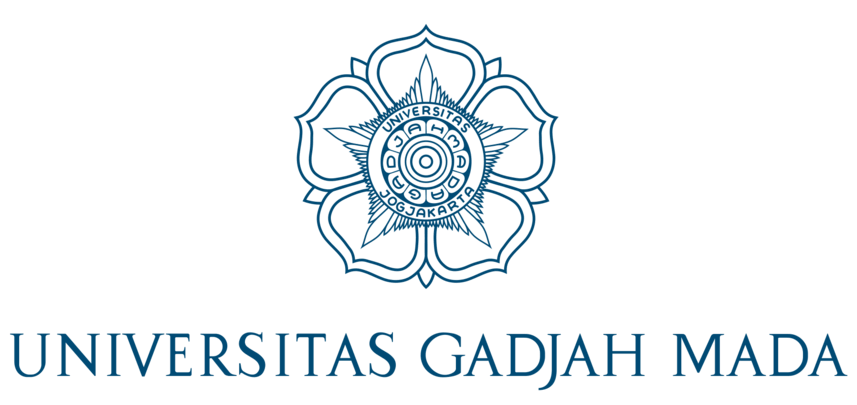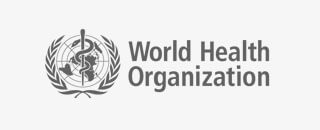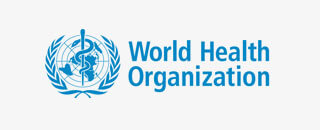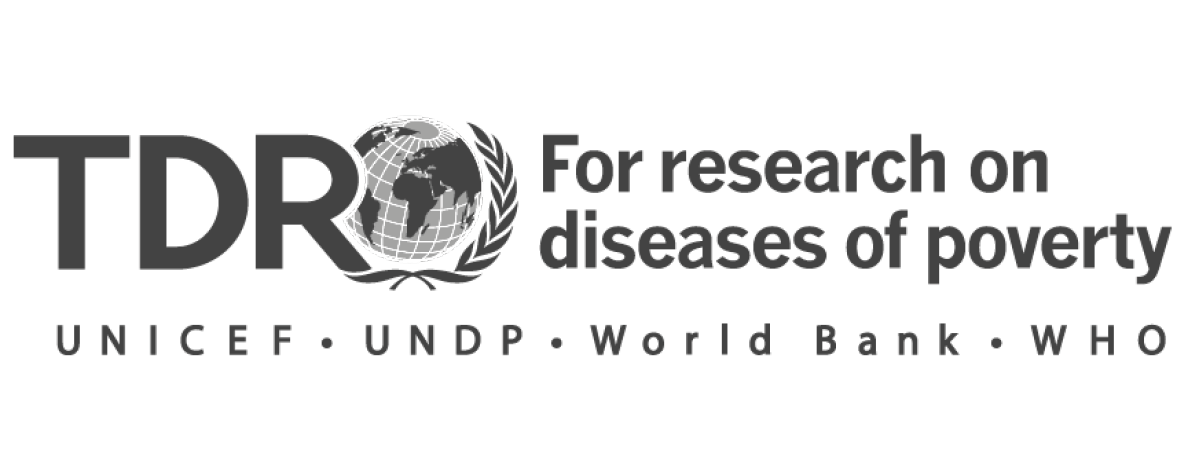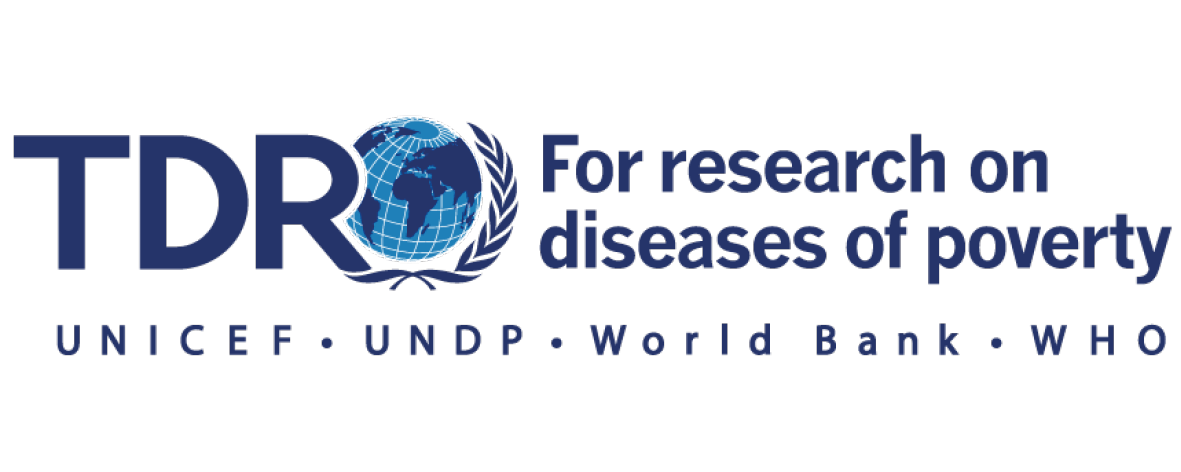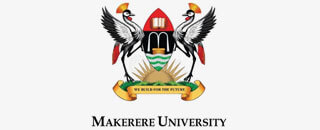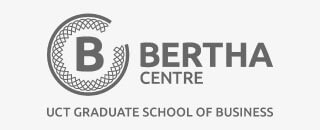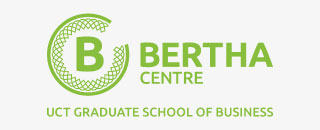Social Entrepreneurship To Spur Health (SESH)
Our mission is to design more effective, equitable, and creative health services using crowdsourcing contests.
The SESH (Social Entrepreneurship to Spur Health) project is a partnership joining individuals from the Southern Medical University Dermatology Hospital and the University of North Carolina at Chapel Hill. The main goal of SESH is to create more effective, equitable, and creative health services using crowdsourcing contests and other social entrepreneurship tools. Crowdsourcing is the process of having a group solve a problem and then sharing that solution widely with the public.
OUR FOCUS AREAS
The SESH team is excited about crowdsourcing challenges in which an open call is used to solicit innovative responses from local individuals. Our team conducts research, training, and services related to crowdsourcing challenges. The SESH team organized four randomized controlled trials evaluating crowdsourcing approaches to improve health outcomes in China (NCT02796963, NCT02248558, NCT02516930, NCT03482388). The team organizes an annual training workshop in Guangzhou focused on crowdsourcing and sexual health. Finally, the team leads and serves as a partner on many crowdsourcing challenge contests.
OUR ACTIVITIES
GO YOUTH! OPEN CALL 2022
We organised the global crowdsourcing open call, Go Youth! Global Open Call 2022, focused on youth social innovation using the TDR Practical Guide on Crowdsourcing in Health and Health Research in June 2022. The call successfully established a global and diverse steering committee with representatives worldwide, including youth innovators. One hundred fifty-six submissions in English, Arabic, Spanish, and French were received, mainly representing low-to-middle-income countries such as South Africa, Uganda, Laos, Nigeria, Philippines, India, Nepal, and many others.
PrEP Research Participants recruitment
SESH (North Carolina China Program Office), in collaboration with the University of Chicago, Gilead Sciences, and Guangzhou Eighth People’s Hospital, provide 12 months of PrEP (Pre-exposure Prophylaxis) and related medical follow-up services to key populations in Guangzhou and surrounding areas. The study is designed to meet the health needs, promote healthy development, reduce the risk of HIV infection, and increase knowledge of PrEP among at-risk youth in the Guangdong region. The information from this study will help us design and improve our current PrEP education and HIV/STI intervention tools. The project is currently recruiting eligible participants.
TDR Asian Regional contest promotion
SESH has been promoting the TDR Asia Mentorship Contest through social channels such as WeChat this quarter in anticipation of getting more people interested and participating in the contest. This will allow greater access to health and poverty-related researchers in low- and middle-income countries.
Gonorrhea and Chlamydia "Relay for Life" Co-creation Group
The aim of the study is to better understand the status of STI surveillance in Chinese men in anticipation of developing intervention strategies to promote comprehensive disease testing in Chinese men and improve community engagement. In addition, this initiative provides an innovative financial mechanism for sexual minorities in low- and middle-income countries to sustain STI screening. The study took place in Guangzhou and lasted between August and September. The project is run through Hackathons and involves Public STD clinics and Community groups.
Published paper on in Journal of Sexually Transmitted Disease
The paper title is ‘Obtaining data on gender identity and sex in diverse settings: findings from a WHO/HRP consultative process’. This paper was written by Joseph Tucker et al. The paper argues that participatory approaches such as crowdsourcing enable research teams to draw on a variety of perspectives and ideas, particularly from researchers familiar with local norms and gender research. These new survey projects may help pioneer more inclusive population-based sexual and reproductive health research in a variety of settings.
Summer Field Studies in Heyuan
SESH conducted this grassroots research on digital healthcare projects with 80 students from Jiaying Medical College and teachers from the Guangdong Institute of Artificial Intelligence. The research took place in Tai Po and Heyuan in Guangdong Province and lasted 17 days in total. The research enabled the medical students and SESH staff to familiarize themselves with the ongoing digital healthcare projects in Guangdong Province, to understand the healthcare situation in the rural area and to be able to apply what they had learnt in practice.
Photo call for entries: "Pass it on, so that 'AIDS' is not hidden"
This activity is based on the study “What are the experiences among MSM of HIVST uptake & secondary distribution in China?”, which aims to explore the use of HIV self-testing and the passing of self-testing reagents to others for use by the gay male population. The video campaign was organized to achieve community-level impact and empower participants. The campaign is an online video call for photos related to HIV and AIDS.
WHO/TDR SIHI practical guide
In 2017, we worked with the SIHI team to develop a practical guide on crowdsourcing challenges for health and health research. This guide was field tested in several countries and was launched at the 22nd International AIDS Conference in July 2018. Download the guide here.
Annual training workshop
Over the past five years, our team has organized an annual training course for those interested in STD research, especially junior investigators. During the past three years, this has training workshop has had a special focus on building capacity for crowdsourcing challenges.
TDR Global Mentorship Contest
The TDR Global Research Mentorship Challenge Contest aims to engage people in LMICs to generate particular ideas to improve research mentorship. The call for entries was launched at the end of October 2019 and submissions were accepted until 15 December 2019. We received 123 submissions from 47 countries.
The challenge has regional and global prizes. We had a final pitch on 29 June 2020 where every regional finalist prepared an English presentation, which included the following: background/rationale, problem, proposed plan, feasibility study, implementation plan, and preliminary data, if available. All exceptional contributions selected by our judging panel received a commendation from the TDR Global Challenge Steering Committee. In terms of the global prize, one individual will be selected from the regional finalists and supported to attend the the ASTMH 2020 meeting in November 2020.
Social Innovation in Health Evaluation Contest
Social innovation is a form of problem-solving solutions engaging communities that prioritise impact and sustainability, while aiming to create positive social change. Social innovation is increasingly used to solve important health issues. However, while there are many examples of social innovation, there is no standardised framework to measure the success of social innovation in health. Thus, to solicit creative ideas and tools on the development of a social innovation research checklist, as well as a monitoring and evaluation framework concept, SESH and SIHI held an open call to social innovation stakeholders (e.g., innovators, policymakers, community members, NGOs) and anyone interested in social innovation to transform healthcare delivery to participate in a workshop. This consensus-building workshop looked to integrate all the best aspects of the different submissions to develop a WHO/TDR/SIHI/SESH guide.
TDR Global Career Impact Contest
TDR Global, in partnership with SESH, organized an open call for stories about how TDR has influenced people as researchers, mentees or mentors. The contest aims to collect information to learn what can be improved, share success stories, and learn about TDR’s impact in different settings.
Contributions were submitted until 1 May 2020. There were 28 participants from 14 countries, including 23 text submissions (20 in English and three in Spanish), six image submissions and one in video format. Each entry will be evaluated based on four criteria: relevance, content, narrative, and inclusiveness.
Generosity in the face of coronavirus: An Open Call
In light of the COVID-19 outbreak, SESH organized an open call for stories of generosity in the face of coronavirus. The open call was initiated for two reasons – to help curate and shine a light on the small acts of kindness that have not been recognised, and to provide clearer information on formal ways that organisations are helping people during this time. The call was launched on 5 March 2020 and ran for four weeks. We received 25 submissions from six countries.
Contributions were submitted until 1 May 2020. There were 28 participants from 14 countries, including 23 text submissions (20 in English and three in Spanish), six image submissions and one in video format. Each entry will be evaluated based on four criteria: relevance, content, narrative, and inclusiveness.
Reboot Youth Health and Wellbeing Digital Awards
SESH’s Pay-it-Forward was selected as one of the two winners of the Reboot Health and Wellbeing Challenge. The announcement was made by WHO Director-General Dr. Tedros Adhanom Ghebreyesus on 7 July 2020. Launched in March 2020 by WHO, the Reboot Health Challenge aims to inspire young people from around the world to develop solutions to one of the most urgent health challenges in the next decade: keeping young people safe.
Most young men who have sex with men (YMSM) have never been tested for gonorrhea (GC)/chlamydia (CT) due to financial barriers and lack of community support. To expand community engagement and eliminate testing fees, we proposed Pay-it-Forward (PIF), where one YMSM receives a free GC/CT test as a gift, then has an opportunity to contribute to the next YMSM’s free testing. Dr. Fan Yang pitched the idea on behalf of the PIF team to thousands of virtual attendees worldwide and engaged in an interesting Q&A session with Dr. Tedros and other event participants. The SESH PIF team is composed of Fan Yang, Dan Wu, Weiming Tang, and Tiange Philip Zhang.
Crowdsourcing Contest on Childhood Vaccine Programme
Through a national crowdsourcing contest, we aimed to develop an intervention package to rebuild caregiver trust in childhood vaccine programmes in China. A total of 305 submissions, including 204 texts, 90 images, and three videos were received. All eligible submissions were evaluated by crowd judge and expert judge panels based on pre-defined criteria (novelty, relevance, feasibility, and elaboration). Crowd judges were invited via social media platforms on a voluntary basis. Experts in public health research, health communication, vaccines, and infectious diseases were invited to the expert panel. Six finalists were selected among the submissions after undergoing a review process.
Partnerships
We have partnered with several other organizations to collaboratively develop crowdsourcing challenge contests. This includes challenge contests on antimicrobial resistance, women’s leadership in global health, gay-friendly health services, and community engagement in research.
Summer Social Innovation Training Workshop
From July 5th to August 16th between 8am and 9am ET time, SESH, SIHI and UNC CFAR TechEngage organised a Social Innovation Summer Training Workshop. Watch the workshop presentation recordings.

MEET THE TEAM

JOSEPH D. TUCKER
Joseph (MD, PhD, AM) is Associate Professor of Medicine at the University of North Carolina at Chapel Hill, and the Chair of the SESH Advisory Committee.
Joe is the study principal investigator on two United States National Institutes of Health R01 grants that evaluate crowdsourcing to enhance HIV services. He has implemented over 30 crowdsourcing challenge contests and has a special interest in collective intelligence and crowdsourcing. He has helped to organize crowdsourcing contests in China, Thailand, Vietnam, the United States, Australia, South Africa, and globally. He helped with the SIHI practical guide and the ongoing spurring social innovation through crowdsourcing projects from TDR global.

WEIMING TANG
Weimaing (MD, PhD) is an Assistant Professor of Medicine at the University of North Carolina at Chapel Hill, and a member of the SESH Advisory Committee.
Weiming currently leads one grant from the UNC Center for AIDS Research evaluating crowdsourcing approaches to HIV self-testing. He manages several large crowdsourcing projects in China now and has a special interest in epidemiology and evaluation. He serves as Assistant Director at UNC Project-China and mentors undergraduates, graduate students, and postdoctoral fellows interested in challenge contests.

SHUFANG WEI
Shufang (BA, MA) is the Communications Director at SESH. She started working on the team in 2016 and has developed communications strategies for over twenty challenge contests.
Shufang has extensive experience with social media and strategic communication. She helps to liaise with the local community and disseminate our findings widely through social media. She is helping to develop the ongoing spurring social innovation through crowdsourcing projects from TDR global.

LARRY HAN
Larry (MA, BS) is an MPhil student at the University of Cambridge Judge Business School and Director of Strategy at SESH. He was previously a Schwarzman Scholar at Tsinghua University.
Larry helped to develop and evaluate one of the first crowdsourcing challenges that solicited videos promoting HIV testing in China. He has a special interest in statistics and finance. He led the development of the SIHI practical guide.
